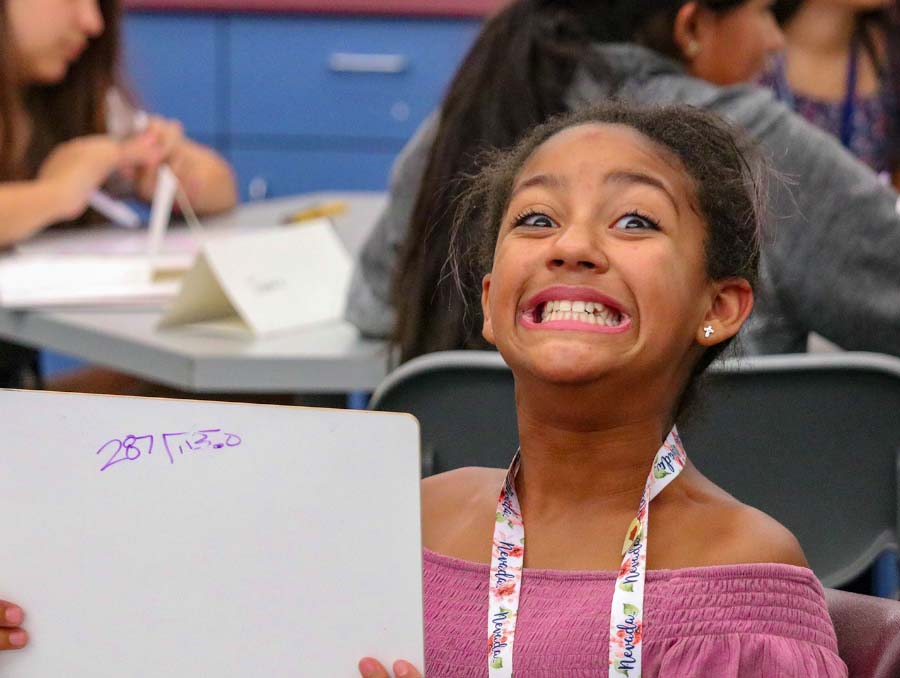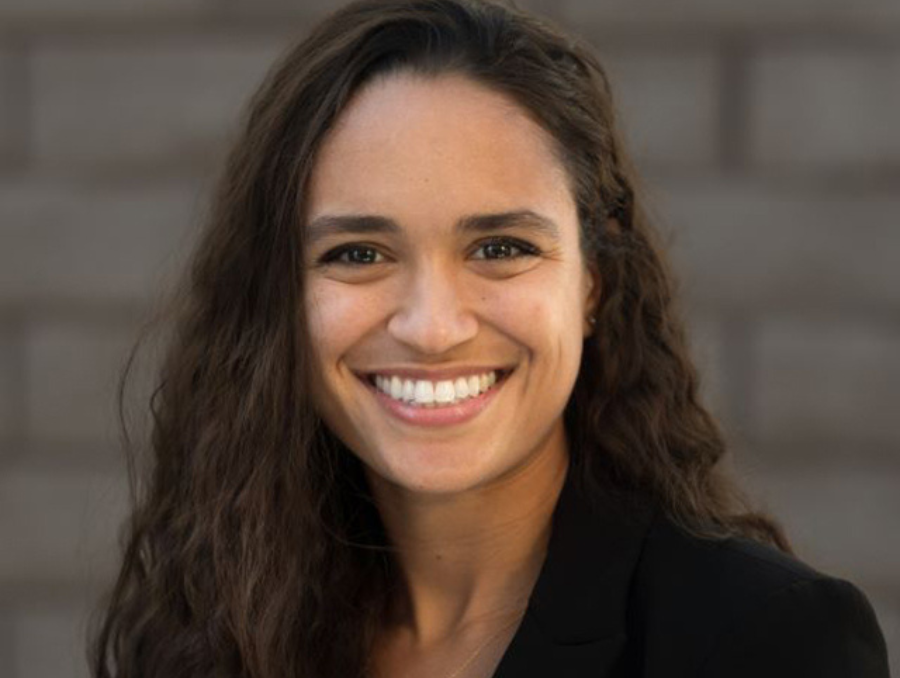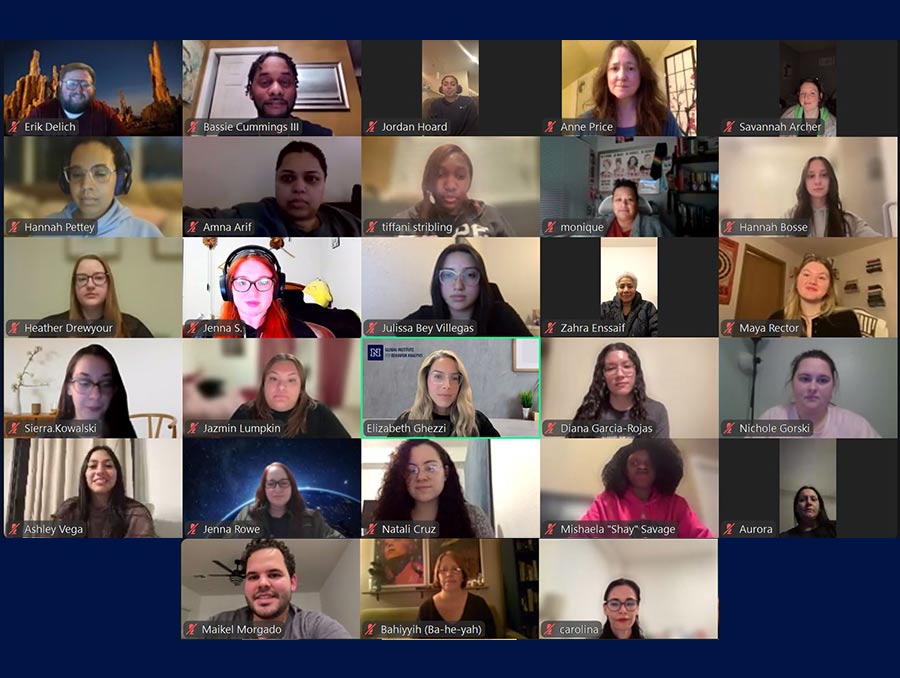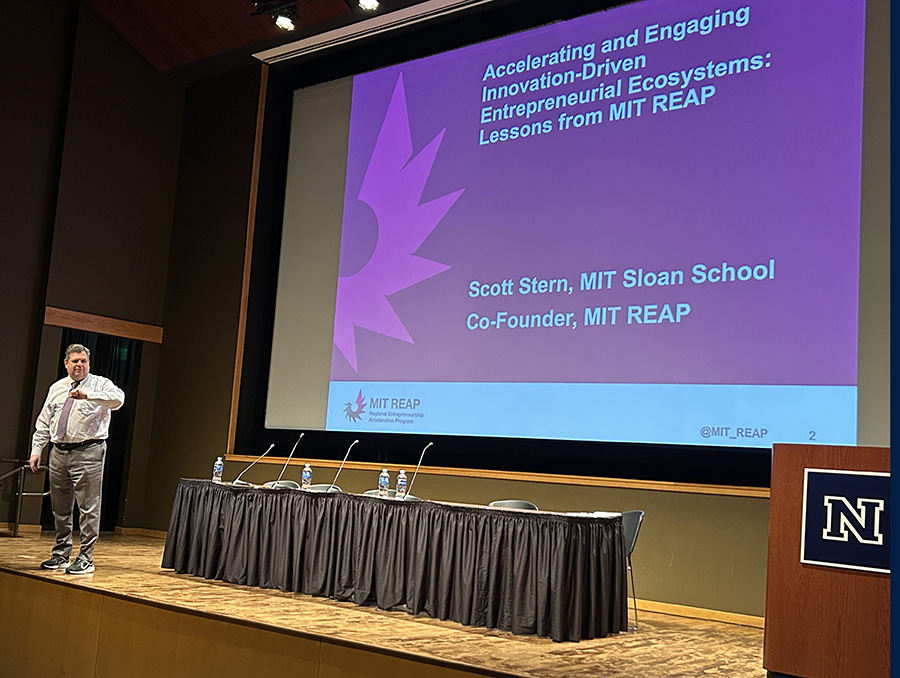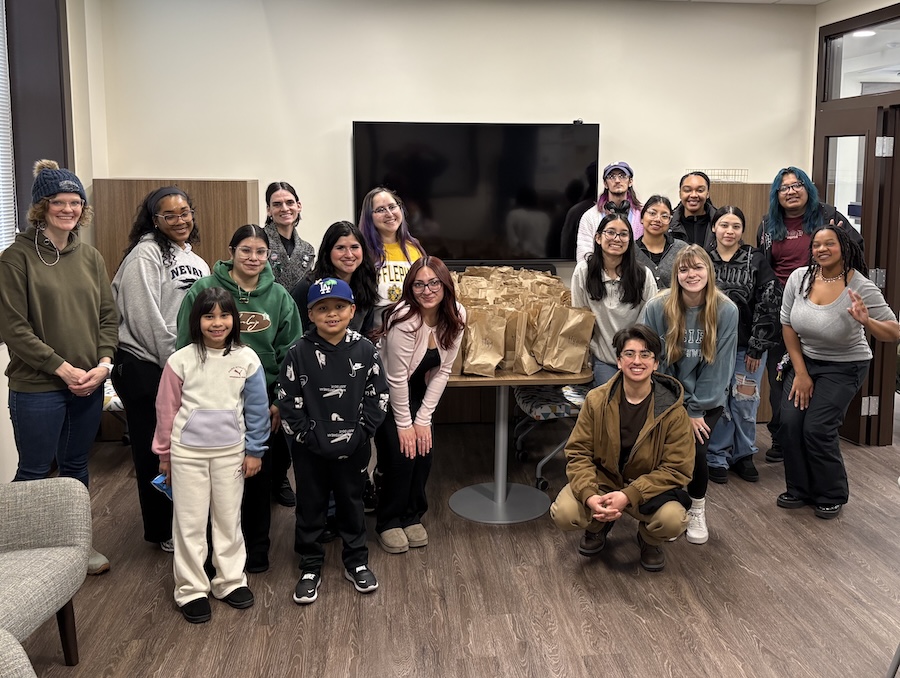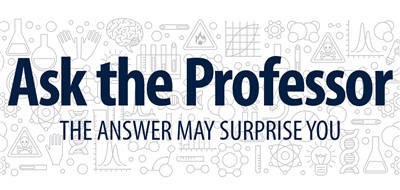
Find more answers here!
Confidence in your ability to learn is the key to success in math class! Some students who experience difficulty or struggle learning in math class give up because they think that they are not capable of learning math. Everyone is capable of learning given the right conditions.
If you are struggling in math class, ask yourself, "What is it that I do not understand?" and "Which part am I stuck on?" then ask for help on the specific part you do not understand. Math needs to make sense. That means don't just memorize formulas but understand why they work. Connect to what you already understand.
I interviewed many successful adults, and they reflected back on their math learning experience. All of them had one thing in common: They always knew they were smart and capable, so even when they experienced failure, they were able to get back on track.
Successful math students actually found math learning fun. They treated it like solving puzzles and appreciated the beauty of math.
Developing good study skills is an important part of math learning. Simply sitting in class and taking notes is not enough. Develop self-awareness by reflecting on your skills and abilities and areas where you need help. Here are some strategies that you can use to become a successful math student:
In math class, listen to understand
- Focus on understanding math, not just memorizing the steps.
- Ask the professor, teacher or another student to explain the part that does not make sense.
Pay attention to “big ideas” (key concepts)
- Ask yourself, "What formulas do I need to remember?", "Why do they work?" and "When do I use them?"
- Try to explain your thinking to someone else.
Do practice problems
- Do sample problems. If stuck, ask yourself which part does not make sense and ask for help.
- Do the practice problems. The more problems you try, the faster you become at solving the math problem. It is just like playing the piano. Practice makes perfect.
- Check your answers. If you missed a problem, figure out why you made the mistake.
Problem-solving strategies
- Look at the problem and determine, "What is the problem asking you to do?" and "What information is given, and what information is not relevant?"
- Plan what you need to do to solve the problem.
- Break down the problem into smaller chunks and solve parts at a time.
- Use problem-solving strategies such as drawing a picture, using tools, creating models, working backward and looking for patterns.
Memory and speed
- Connect to your prior knowledge.
- Practice/repetition of formulas- Use flashcards to create a formula sheet. Don’t just memorize; make sure these formulas make sense and you understand how and why they work.
Learning math opens many doors to many career paths. Best wishes, and enjoy the journey!
About the professor
Teruni Lamberg, Ph.D., is a professor of elementary mathematics education. She is also the program coordinator for the Master of Elementary Education and Master of Science in Elementary Education programs. In addition, she is the program coordinator for the STEM doctoral program. Lamberg has worked with numerous school districts across the country and hundreds of teachers over the past 20 years. Her research has focused on studying how to support teachers to improve their teaching practices to impact student learning. She is the author of seven books and has published articles in journals such as the Education Researcher, Journal of Mathematical Thinking and Learning, Mathematics Teacher Educator, International Journal of Mathematics Teaching, Teaching Children Mathematics and Journal of STEM Education.
